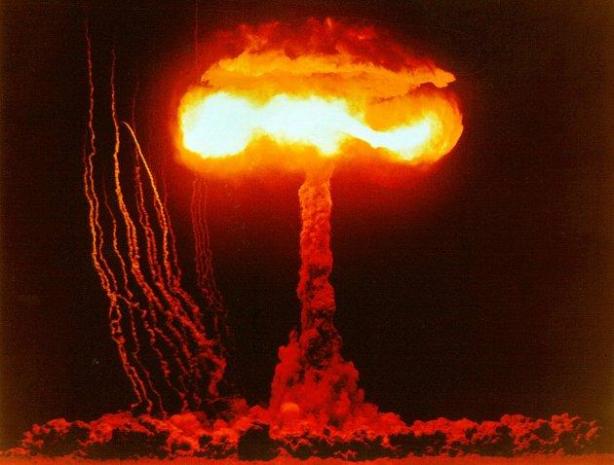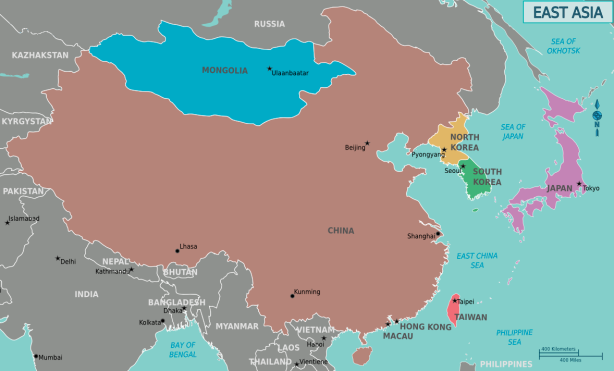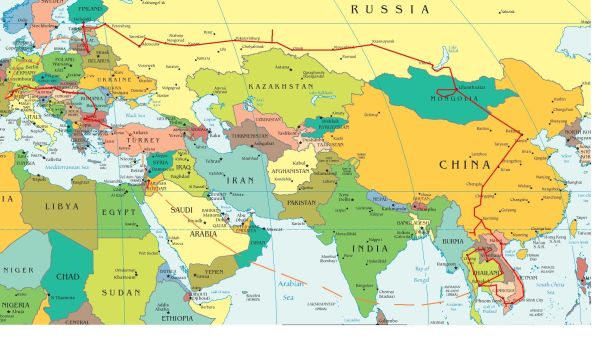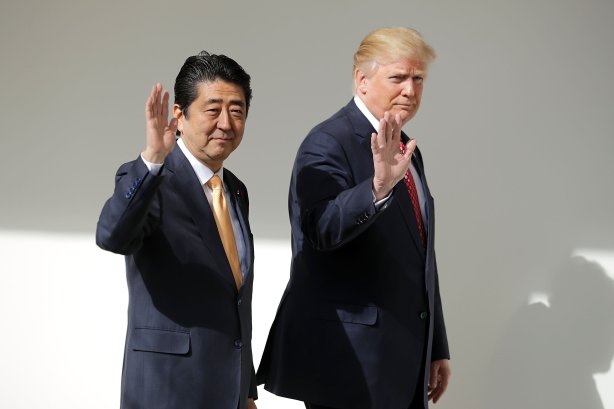
Two great powers with authoritarian or semi-authoritarian political systems should really attend seminars of Dale Carnegie on how to win friends and influence people. Or on how not to help your ‘frenemies’.
I am referring to China and Russia. Due to their heavy-handedness and hard-ball approaches, they manage to augment the ranks of their adversary’s (the US) allies and friends.
China single-handedly pushed the Philippines further into the Americans’ embrace due to its aggressive activism in the South China Sea. The Enhanced Defense Cooperation Agreement (EDCA) of 2014 is the latest (most likely not the last) agreement strengthening US-Philippine strategic ties. Furthermore, Chinese territorial aggressiveness in Northeast Asia is further driving South Korea and Japan into the ‘tacit’ US-led anti-Chinese front. Japan in fact offered a strategic alliance with the Philippines (obviously versus China) last year after ‘gifting’ the Philippine navy with some nifty and spankingly-new fast craft (an obvious improvement over the decades-old US hand-me-downs). Vietnam and the Philippines cozied up to each other again due to Chinese heavy-handedness.

Sealing the Enhanced Defense Cooperation Agreement (EDCA)
Elsewhere, Ukraine responded to Russia territorial incursions by firmly siding with the West. Admittedly, Russia was simply a reactor to West-sponsored ouster of a pro-Russian government in Kiyev. However, hardball tactics versus a pro-West successor goverment will only alienate the latter. What it feared–an anti-Russia and pro-West Ukraine–actually came to pass.
Should Ukraine aspire for and gain admission into the North Atlantic Treaty Organization (NATO) after clinching EU membership, the Russian nightmare of a hostile ‘near abroad’ will materialize. That Western sanctions over the Ukraine question are helping push the Russian economy to a crisis is ‘salt on an open wound’.
Strategically, China and Russia will most likely get drawn together. Partnerships within the Shanghai Cooperation Organization (SCO) and with the rest of the BRIC (i.e., India and Brazil) and Venezuela, Bolivia and other Latin American governments with a left-leaning social policy and an anti-US foreign policy orientation will be strengthened or cultivated. Chinese carrots will continue to be available for pariah African states (over such issues as Darfur).
In Asia, China appears to have finessed with its tack with its billion-dollar funded Asian infrastructure bank and the proposed new Silk Road. However, these new carrots are on offer while consolidation (hardening and construction of new and improved infrastructure) proceeds apace in its newly-‘acquired’ SCS territories.
Meanwhile, the US is smelling like a bed of roses. Notwithstanding the partisan blindness of the Republicans and die-hard Tea Party zealots, the US economy is slowly recovering and all other economic indicators are doing quite well. Of course,the 1%-99% divide remains a serious socio-political thorn.

(Photo from cyprus-mail.com)
On the global front the US earned a lot of brownie points with the on-going normalization of ties with Cuba. Kudos to Pope Francis for brokering the bilateral preps. On the other hand, the Americans cannot seem to realize their government’s continued support for isolated Israel’s does not help their war effort against international terror.
I will continue to monitor these global developments and post my observations in this page and elsewhere.



















